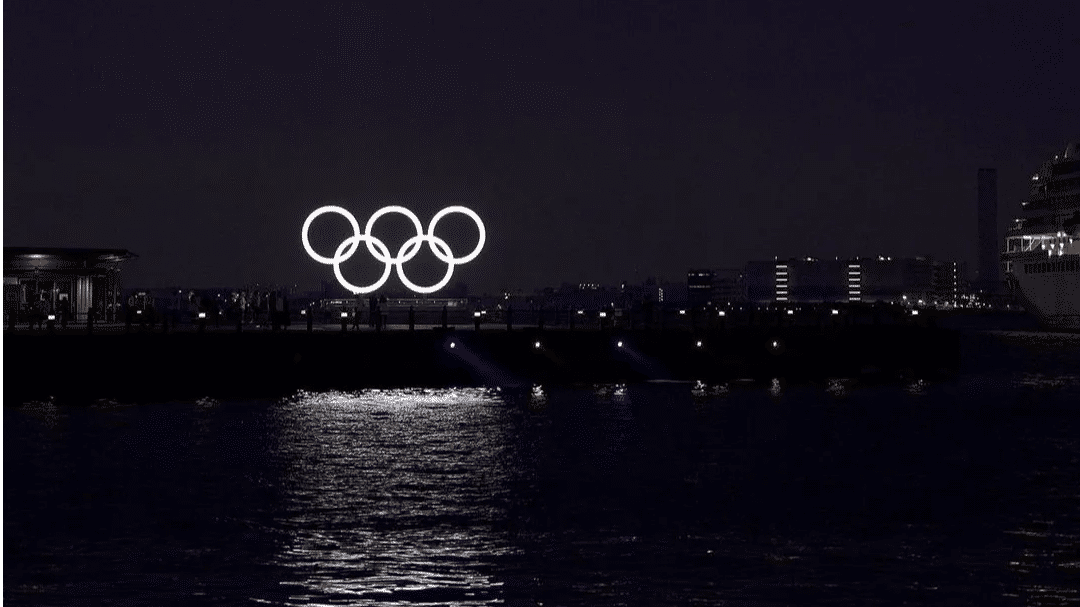As the Tokyo Olympics comes to an end on
Sunday, sportspersons, and fans will turn their attention to Beijing Winter
Olympics 2022. There have been murmurs about a diplomatic boycott of the Winter
Games, the Chinese capital’s second turn at hosting the Olympics in less than
15 years.
Supporters of the boycott argue that human
rights situation in China have only deteriorated since the nation hosted the 2008 Summer
Games.
“Back in 2008, there was hope. There was a
sense of optimism then that the Olympics could bring positive change to the
country, especially for press freedom and human rights. Instead, 13 years
later, China is in the midst of its worst human rights crackdowns since the
Tiananmen Square massacre in 1989,” Minky Worden, director of global
initiatives at Human Rights Watch, was quoted as saying by Nikkei Asia.
In February this year, more than 180 human
rights groups wrote an open letter urging world leaders to “commit to a
diplomatic boycott” of the next Olympics in the Chinese capital. The
groups suggested that no leaders or dignitaries should be sent to China during
the games.
The letter said the call was because of human
rights abuse allegations against China in its regions of Tibet, Xinjiang and
Inner Mongolia. The groups also noted that Beijing has intensified pressure in
recent years against Taiwan, in the South China Sea and on the country’s border
with India.
Another open letter that was issued in
September 2020 by over 160 rights groups called on the President of the
International Olympic Committee Thomas Bach to revoke the decision that awarded
the event to Beijing.
No government has yet declared a boycott of
the event.







